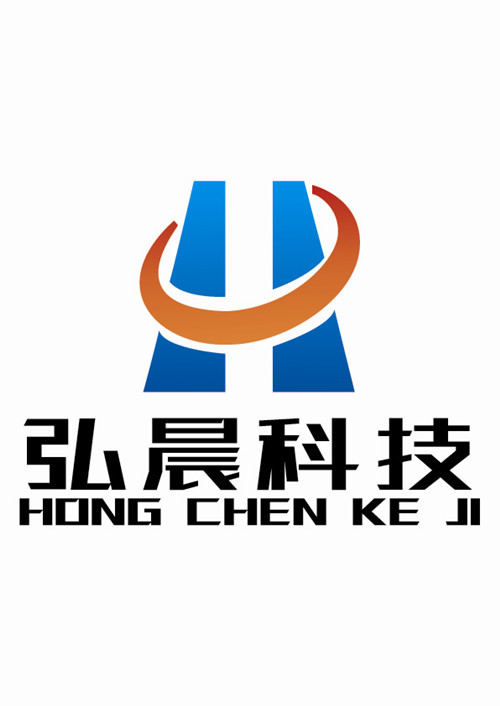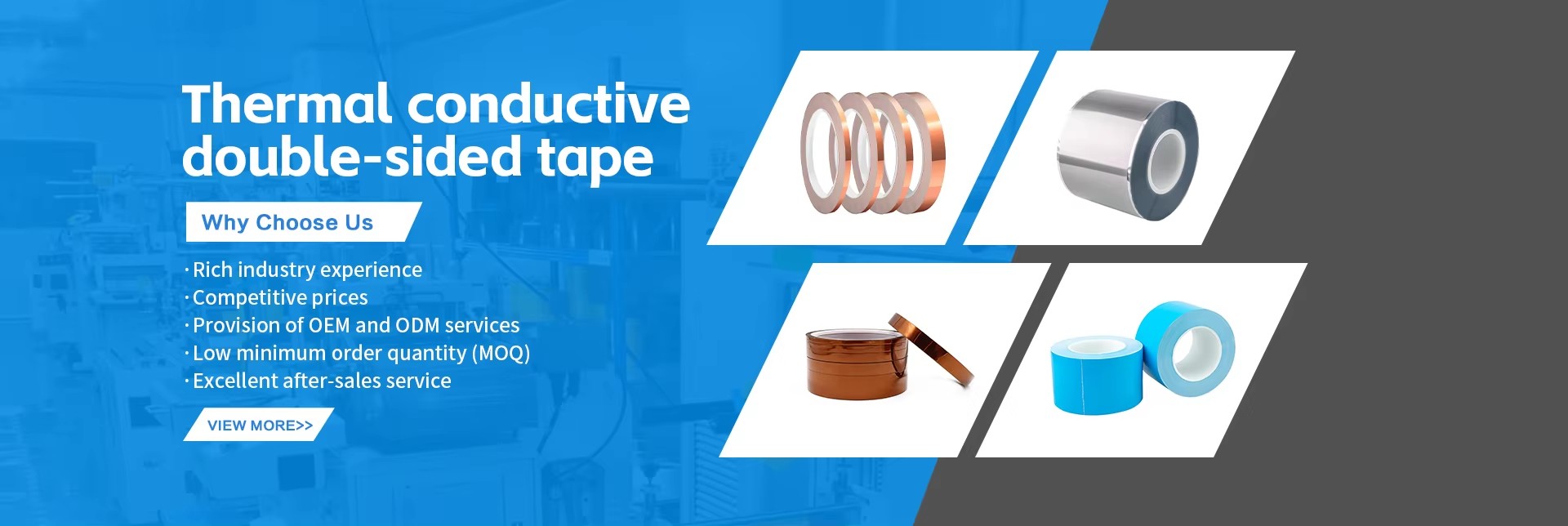AI promotes the development of the thermal conductivity material industry
Thermal conductive materials have a wide range of applications in the field of artificial intelligence. For example, in electronic devices, thermal conductive materials can help dissipate heat, improving the performance and longevity of the device. High-performance packaging will bring new demands for heat dissipation, and high-performance heat-conducting materials have become a rigid demand, the development of 5G has driven the increase in the value of heat-conducting materials for 5G mobile phones and the demand for heat-conducting materials in 5G base stations, at the same time, in the field of new energy vehicles, motor/electronic control systems and power battery systems also bring new demands for thermal conductive materials.
The selection of thermal conductive materials at the application end is differentiated, and the use of thermal conductive materials tends to be compounded. Due to the great differences in the performance of thermal conductive materials in various fields, the thermal conductive materials used in the fields of semiconductors, consumer electronics, and automobiles will be different.
In the field of semiconductors, thermal conductive materials need to have high thermal conductivity and stability to ensure the normal operation of chips in high-temperature environments, in the field of consumer electronics, thermal conductive materials need to have good thermal conductivity, heat resistance and chemical stability to ensure that devices of normal operation.
In the automotive field, thermal conductive materials need to have high thermal conductivity, mechanical strength and corrosion resistance to cope with complex working conditions. A single thermal conductive material is often unable to meet complex application requirements.
The development of thermal conductive materials in the field of artificial intelligence is very rapid. With the continuous development of artificial intelligence technology, computer performance and power consumption continue to improve, resulting in increasingly prominent heat dissipation problems. Therefore, the demand for thermal conductive materials is also increasing. At present, the preparation technology and performance of thermal conductive materials are constantly improving. For example, the use of nano materials, porous materials and other new materials to prepare thermally conductive materials can improve thermal conductivity and stability. In addition, artificial intelligence technology can optimize the design of thermal conductive materials to improve their thermal conductivity and heat dissipation effect. Therefore, the development prospect of thermal conductive materials in the field of artificial intelligence is very broad.
【 Go Back 】 | 【 Print 】 | 【 Close this window 】















